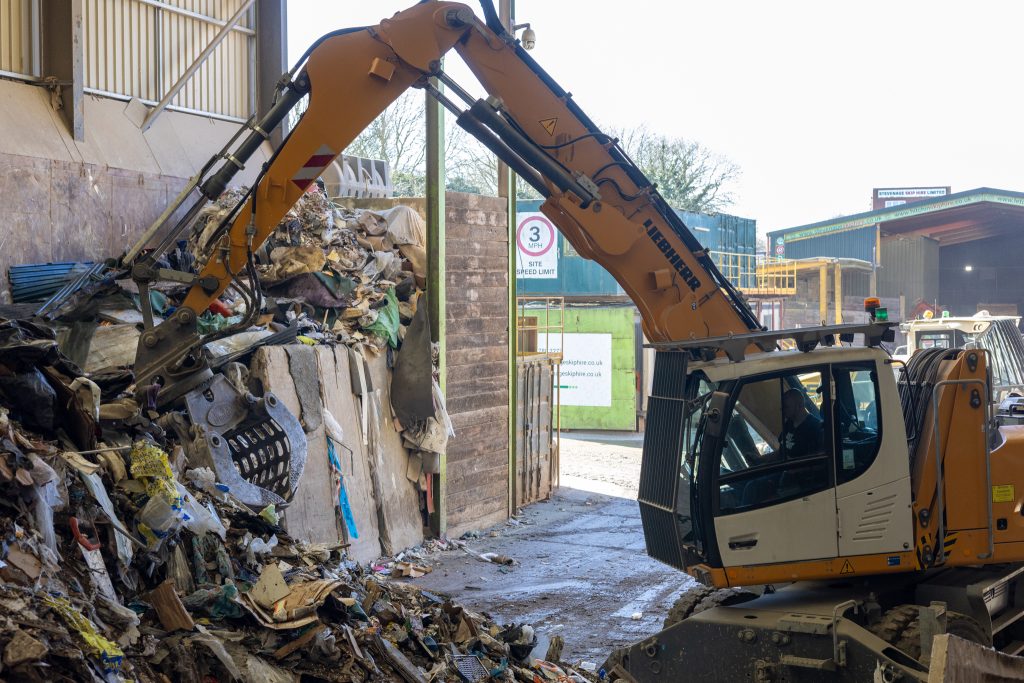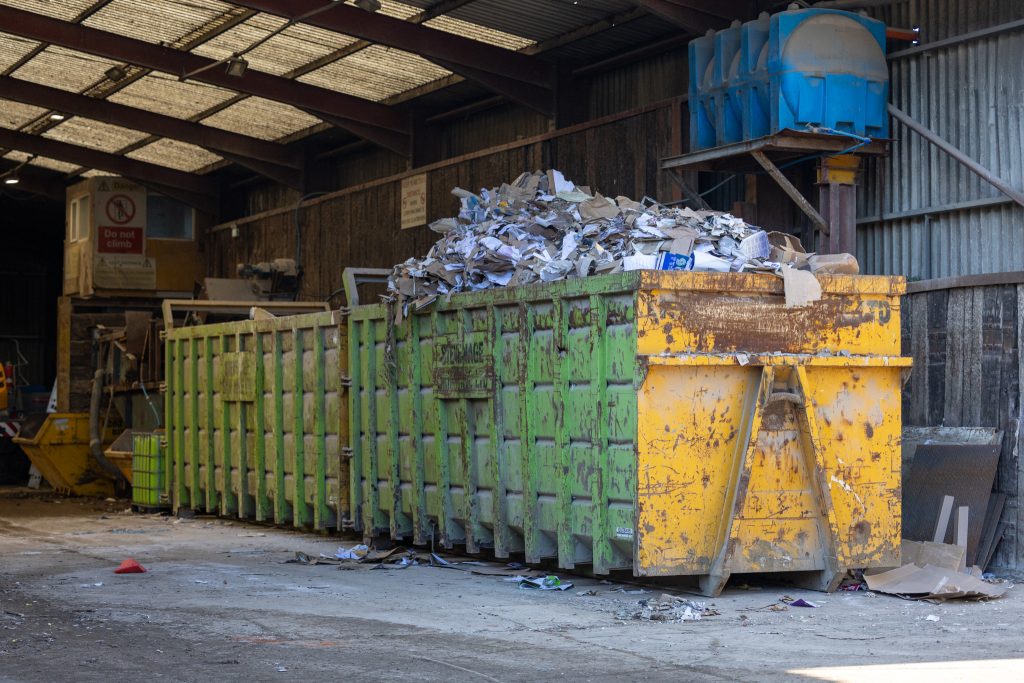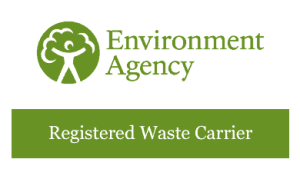Home » Waste Management Guides » What Happens to Waste After It’s Collected in a Skip?
Once your skip is full and collected, most people don’t give much thought to what happens next. But waste disposal isn’t as simple as dumping it all into landfill. In fact, skip waste goes through a carefully managed process to sort, recycle, and dispose of materials safely and legally.
Here’s what happens to your waste after it leaves your driveway.
After collection, the skip is taken to a licensed waste transfer station. This is a secure facility where waste is unloaded, inspected, and sorted.
At the transfer station:
This step is crucial for ensuring different waste streams are processed correctly and safely.

Once the skip is emptied, the waste is sorted into categories. This typically includes:
Advanced sorting methods such as conveyor belts, shredders, magnets, and air classifiers are often used to automate this process and improve recycling efficiency.

After sorting, recyclable materials are separated and sent to specialist recycling facilities. Here’s how common waste types are handled:
Wood
Clean wood can be chipped and used for landscaping, animal bedding, or biomass fuel.
Metal
Steel and aluminium are easily recycled and sent to metal processors to be melted down and reused.
Soil and Hardcore
These materials are often crushed and reused as base material for roads, paths, or construction sites.
Plastics
Some plastics are recyclable and are processed into pellets that can be used to make new products.
Cardboard and Paper
These are baled and sent to paper mills for recycling into new packaging or paper products.
The goal is to recycle or recover as much waste as possible to reduce what ends up in landfill.

Not all materials can be recycled. Any remaining waste that can’t be reused or recovered is typically sent to:
Energy from Waste (EfW) plants – Where it’s incinerated to generate electricity or heat
Landfill sites – Used only as a last resort, in line with UK waste regulations and environmental targets
Modern waste management facilities work hard to minimise landfill usage, in line with the UK’s long-term goal of zero avoidable waste to landfill.
Licensed waste carriers and processing facilities are required to comply with strict regulations. All waste movements are tracked using a waste transfer note, and operators must:
Using a reputable skip hire company ensures your waste is handled legally and responsibly.
Understanding where your waste goes helps you make informed decisions when hiring a skip. Responsible waste processing protects the environment, supports recycling, and ensures you’re not contributing to fly-tipping or illegal dumping.
At Clearify, we only work with fully licensed and environmentally responsible skip hire providers. That means when you hire a skip from us, you can trust that your waste is being handled the right way — safely, legally, and with the environment in mind.
Need a Skip You Can Feel Good About Hiring?
Whether you’re clearing out your home, renovating a property, or managing site waste, Clearify makes it easy to get the right skip, fast — with the peace of mind that your waste will be handled the right way.
Get a quote today or contact us to learn more about how we manage and process your waste.
Quick Links
SERVICES

Contact
Clearify is a trading name of MCS Waste Group Ltd.
2025 © Clearify